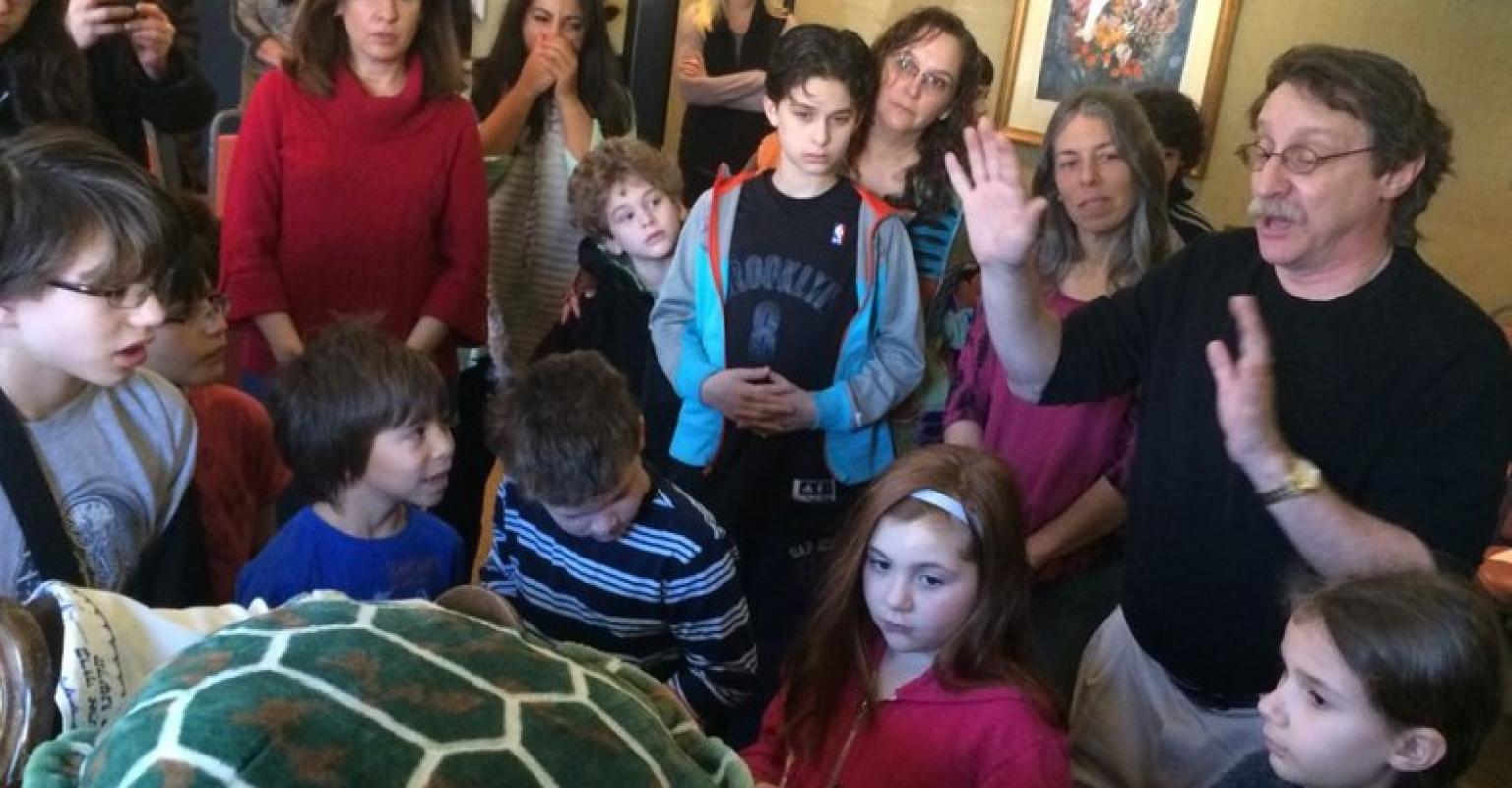Yom Rabin and How to Teach about Constructive Disagreement
Jewish text and tradition value mahloket (disagreement). Our tradition views constructive disagreement as a means to foster growth, deep personal connections, and mutual respect. At the same time, Jewish tradition also recognizes the potentially catastrophic power of destructive disagreement.
As such, Yom Rabin - when we memorialize slain Israeli Prime Minister Yitzchak Rabin, who was assassinated by a Jew who disagreed with him politically - reminds us of the crucial need to engage with those with whom we disagree in accordance with the Jewish value of mahloket le-shem shamayim (loosely translated as ‘constructive disagreement.’) How can we help young adults recognize the benefits of engaging with the other? How can we distinguish between a constructive disagreement and a destructive disagreement? What skills must be learned and practiced in order to engage productively with others?
The Pardes Institute of Jewish Studies is proud to contribute three resources for middle school and high school educators that address these important questions.
“The Value of Multiple Perspectives”
Goals:
- Students will learn that Jewish tradition believes that mahloket can represent a positive opportunity for growth and deepening of relationships.
- Students will consider several potential reasons for engaging with the other and several key ingredients for engaging productively with the other.
- Students will begin to consider the tricky question of whether or not every opinion deserves to be heard.
“Two Types of Mahlokot”
Goals:
- Students will explore the distinction between a mahloket le-shem shamayim and a mahloket lo le-shem shamayim.
- Students will consider the question of why it is so hard to achieve mahloket le-shem shamayim.
- Students will learn practical tips for engaging with the other in accordance with the value of mahloket le-shem shamayim.
“The Sanhedrin Way”
Goals:
- Students will learn about four procedures that the ancient Sanhedrin implemented in order to cultivate a mahloket le-shem shamayim environment.
- Students will become ‘members’ of the Sanhedrin who need to apply their constructive disagreement skills in order to arrive at a verdict in the complex case of “Keep or Cancel the Controversial Speaker.”
- Relationship Building
- Positive Psychology
- Pluralism
- Mindfulness
- Social Emotional Learning
- Community Trauma
- Israel
- Judaism and Jewish Holidays
- 6 - 7
- 8 - 12
- After School Programming
- Camp
- Day Schools and Yeshivas
- Teen Engagement
Discover more

A collection of resources that explore five critical moments in Israeli history.

Congregation Tifereth Israel (CTI), Glen Cove, NY. CTI learners and their families participate in hands-on experiential learning. The curriculum focuses on Jewish values learned through our stories (both modern and ancient).

Engage your students with Rosh Hashanah with these lessons and activities.
